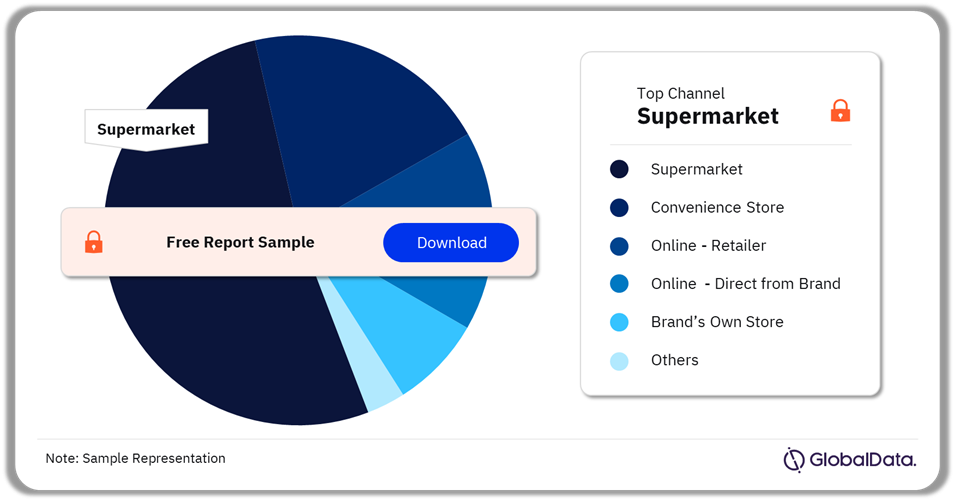Explore the latest trends in alcoholic beverages trend analysis. From craft cocktails to non-alcoholic alternatives, discover what's shaping the future of the industry, consumer preferences, and innovations in drinks.

Buy the Full Report for More Insights on the Key Channels in Alcoholic Beverages Consumer Spend, Download a Free Sample Report
Sustainable and Eco-Friendly Practices
Sustainability continues to be a key theme in the alcoholic beverage industry in 2025. Consumers are increasingly concerned with the environmental impact of the products they purchase, and brands are responding with more sustainable practices.
Eco-Friendly Packaging:
Packaging plays a significant role in sustainability, and many alcoholic beverage companies are switching to eco-friendly materials, including recycled glass, paper, and biodegradable plastics. For example, many companies are reducing their reliance on single-use plastic bottles and shifting towards aluminum cans, which are both recyclable and lighter for transportation. The use of organic inks and non-toxic labels is also on the rise, contributing to reducing waste.
Sustainable Sourcing and Production:
Sustainable sourcing is another critical component of eco-friendly practices. Distilleries and breweries are becoming more conscious of the agricultural practices used to cultivate the ingredients for alcoholic beverages. This includes prioritizing local sourcing, using organic grains, and adopting water-conservation strategies to reduce the environmental impact of production processes.
Carbon Neutrality:
As part of the growing movement toward carbon neutrality, many alcohol producers are investing in renewable energy sources and offsetting their carbon footprints. Some companies are even achieving carbon-neutral certification, signaling their commitment to environmental responsibility.
The Influence of Technology and Innovation
Technology continues to play a significant role in shaping the future of alcoholic beverages, from production techniques to consumer experiences.
Automation and Artificial Intelligence:
Automation in production processes, such as fermentation and distillation, has led to increased efficiency and consistency in product quality. Artificial intelligence (AI) is being used to analyze consumer preferences and predict trends, helping companies develop products that are more likely to succeed in the market. Additionally, AI is also being used in the development of new flavors and recipes, combining data analytics with creativity.
Smart Bar Tools and Mixology Gadgets:
The rise of at-home bartending has fueled the demand for smart bar tools and mixology gadgets. Products like smart shakers, app-controlled cocktail dispensers, and automated cocktail machines allow consumers to replicate bar-quality drinks in their own homes. These tools are particularly popular among younger consumers, who enjoy experimenting with different drinks and improving their bartending skills.
Blockchain for Transparency:
Blockchain technology is gaining traction in the alcoholic beverage industry, especially in regard to transparency and traceability. Consumers are increasingly interested in knowing where their products come from, how they’re made, and whether they are ethically sourced. Blockchain can provide a secure and transparent way to trace the journey of a bottle from production to retail, ensuring that companies adhere to ethical and environmental standards.

